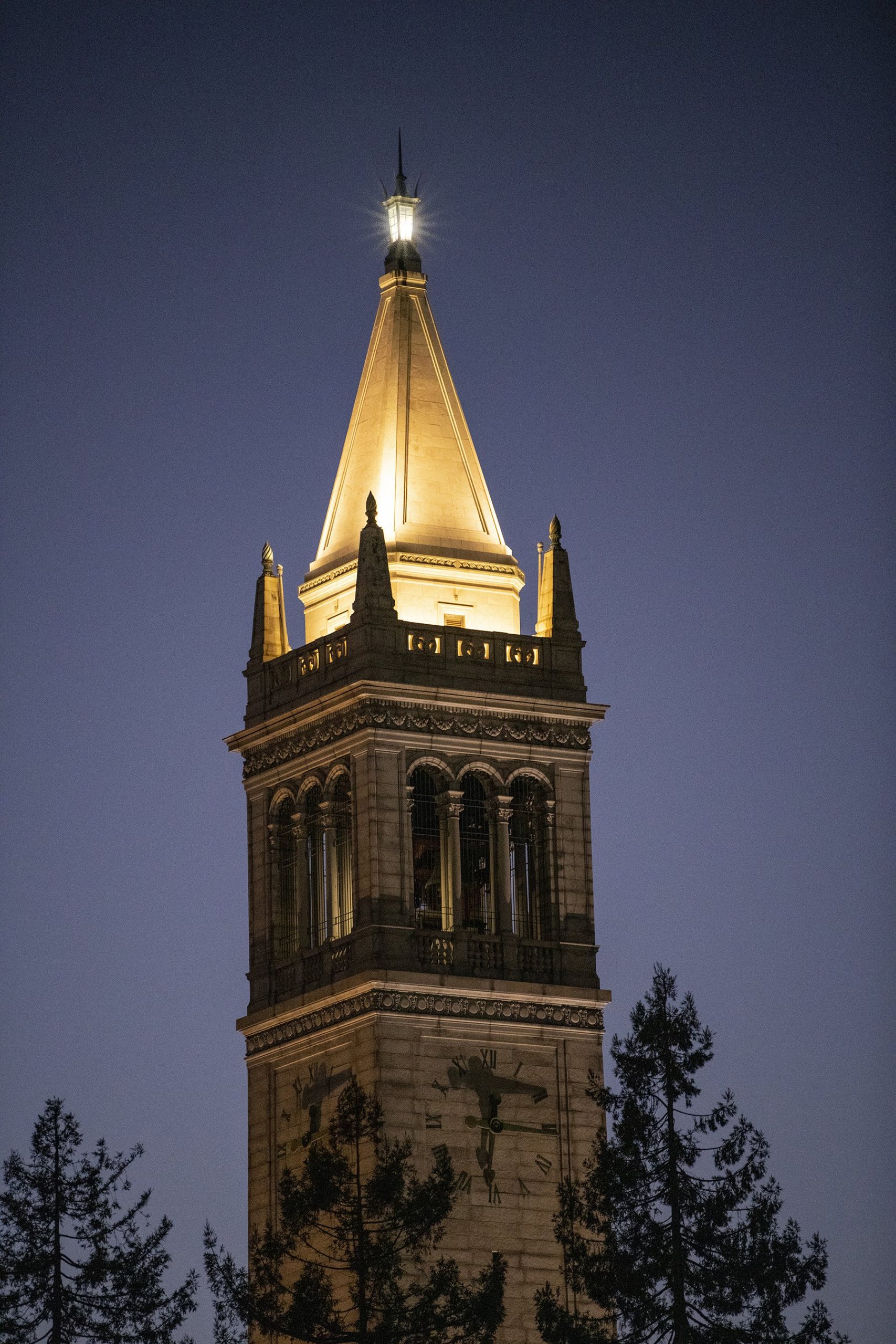-
UC’s SB 108 Speech Guidelines
UC President Michael Drake, in response to a requirement imposed by California legislatures, released guidelines for all UC campuses to implement and enforce rules surrounding protests. The guidelines require several categories of rules: UC Berkeley’s implementation of the student conduct rules are here. UC Berkeley also has a more general summary here.
-
JHU Adopts Institutional Neutrality
The President, Provost, and Deans of Johns Hopkins University stated [local copy]: …the very idea of an “official” position of the university on a social, scientific, or political issue runs counter to our foundational ethos—articulated most clearly in our Statement of Principles of Academic Freedom—to be a place where competing views are welcomed, challenged, and tested through…
-
UCOP, Campuses Must Provide Free Speech, Climate Report
California’s budget bill specifies that UC campuses must issue a climate report on free speech, or risk losing $25 million in funding. The relevant portions of the bill are pasted below. 34. It is the intent of the Legislature that the University of California foster freedom of expression and the free exchange of ideas that…
-
Might warnings deter the heckler veto?
Berkeley Law Dean Erwin Chemerinsky relates an anecdote about a threat to shut down an event and how he responded in the AALS President’s Message (Spring 2022) A few years ago, there was an incident at my law school where an Israeli Supreme Court justice was coming to speak. A group, Students for Justice in…
-
Stanford tweaks institutional neutrality policy
According to the Stanford Report, the campus tweaked its institutional neutrality and free speech policies. The new institutional policy reads: When speaking for the institution, Stanford University leaders and administrators should not express an opinion on political and social controversies, unless these matters directly affect the mission of the university or implicate its legal obligations.…
-
Harvard FAS will replace DEI statements with service statement
The Crimson reports that Harvard’s Faculty of Arts and Sciences will no longer require DEI statements of faculty candidates: [Dean of Faculty Affairs and Planning] Zipser wrote that she and FAS Dean Hopi E. Hoekstra “made this change in response to feedback from numerous faculty members” who expressed concern that existing requirements were “too narrow…
-
Harvard didn’t plagiarize Chicago’s Kalven approach
In the Report on Institutional Voice in the University, the Institutional Voice working group wrote, the “university and its leaders should not…issue official statements about public matters that do not directly affect the university’s core function.”
-
Citing Free Expression, Efficacy, MIT Drops DEI Statements
MSN reports: “MIT will no longer require diversity statements in its faculty-hiring process, making it the first elite university to abandon the practice.” MIT President Sally Kornbluth told the National Review, “We can build an inclusive environment in many ways, but compelled statements impinge on freedom of expression, and they don’t work.” This is significant…
-
Fish’s view of the role of the university
Stanley Fish writes in the Lamp: Nothing in our charters, employment contracts, or compliance requirements directs us or authorizes us to play a role on the world’s stage. No applicant for a position is asked to produce political credentials; the credentials you must produce are academic. What training have you had in the field in…
-
Kennedy on DEI Statements
Harvard Law’s Randall Kennedy writes in the Crimson that DEI statements create a ideological litmus test: By overreaching, by resorting to compulsion, by forcing people to toe a political line, by imposing ideological litmus tests, by incentivizing insincerity, and by creating a circular mode of discourse that is seemingly impervious to self-questioning, the current DEI…
-
Bar-Yoshafat Event Held Without Incident
The Los Angeles Times reports: Three weeks after violence broke out at a private event organized by Jewish student groups at UC Berkeley and protested by pro-Palestinian demonstrators, the speech took place Monday and unfolded without issue.
-
Pamela Paul on Institutional Neutrality
Pamela Paul writes in the New York Times: The temptation for universities to take a moral stand, especially in response to overheated campus sentiment, is understandable. But it’s a trap. When universities make it their mission to do the “right” thing politically, they’re effectively telling large parts of their communities — and the polarized country…
-
Statement on Return Event for Ran Bar-Yoshafat
Executive Committee Statement We write as Berkeley faculty in response to the news that several student groups plan to host the Israeli speaker Ran Bar-Yoshafat for a return visit on Monday, March 18. Our group has no position on the Israeli-Palestinian conflict, but we are committed to defending free expression on campus. The last time…
-
Harvard May Consider Institutional Neutrality
The Harvard Crimson reports: Interim Harvard President Alan M. Garber ’76 is expected to announce a working group that will consider a policy of institutional neutrality, a move that comes just months after the University became embroiled in controversy over its response to Hamas’ Oct. 7 attack on Israel.
-
Is Institutional Neutrality Catching On?
The CHE reports: Amid a polarized political climate and debates about the war in Gaza and hot-button social issues like abortion rights, university leaders’ statements about current events have attracted attention and scrutiny. A small but growing number of institutions are responding to the pressure by swearing off such statements altogether.
